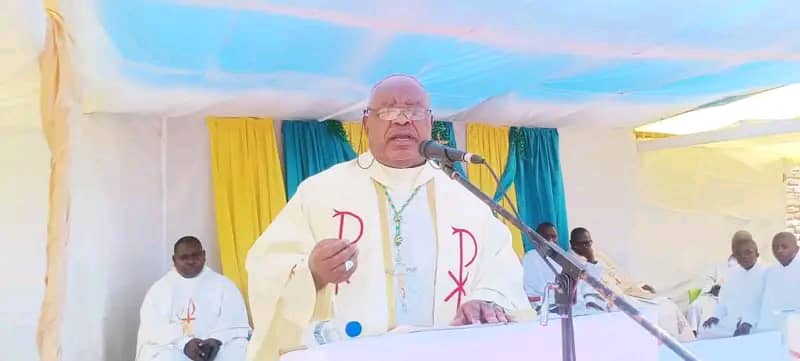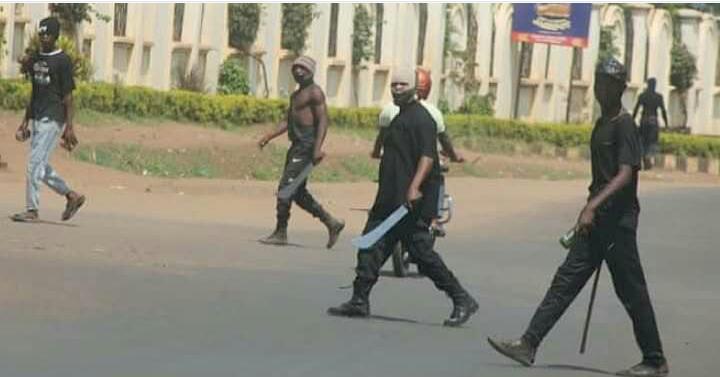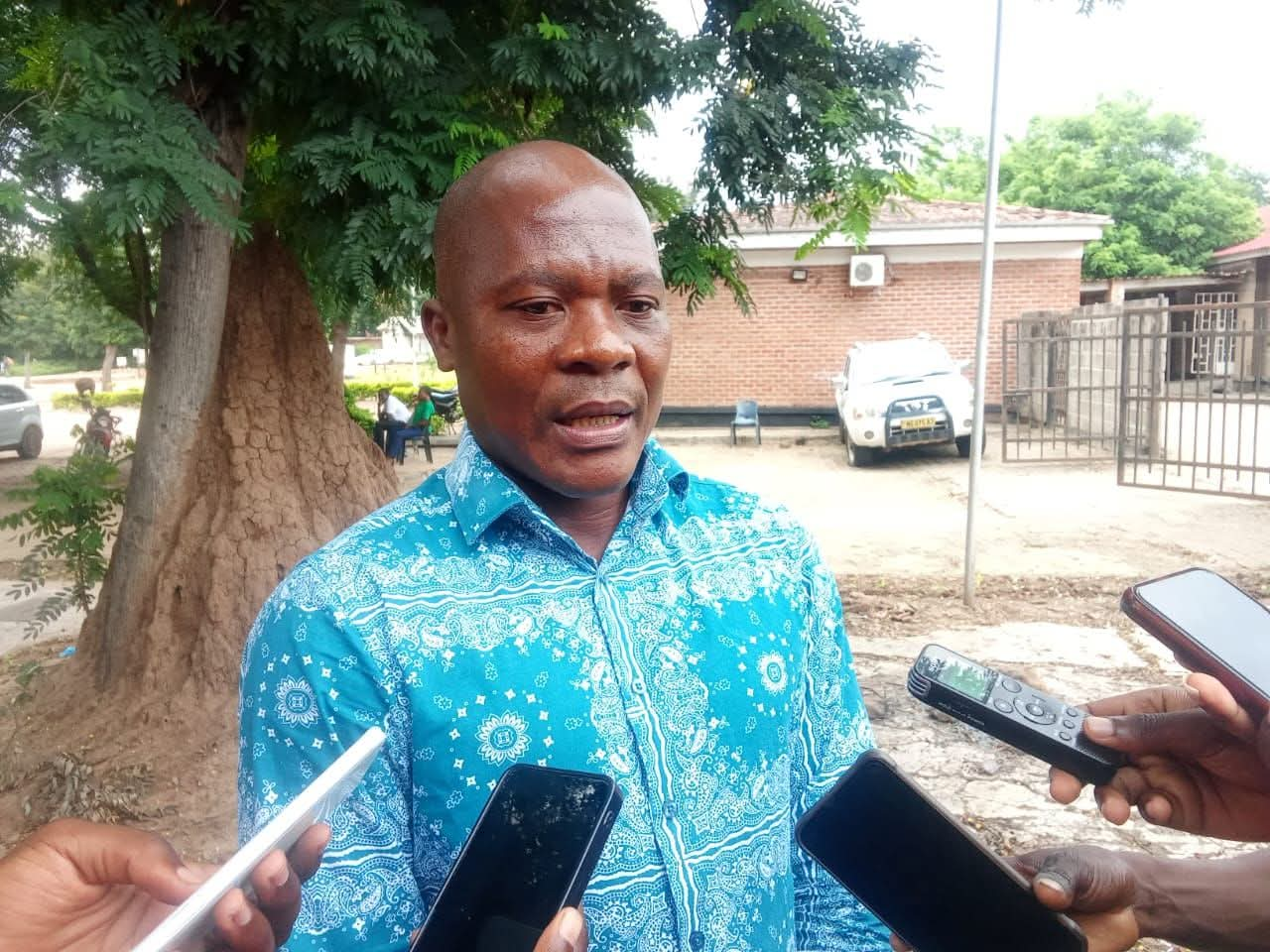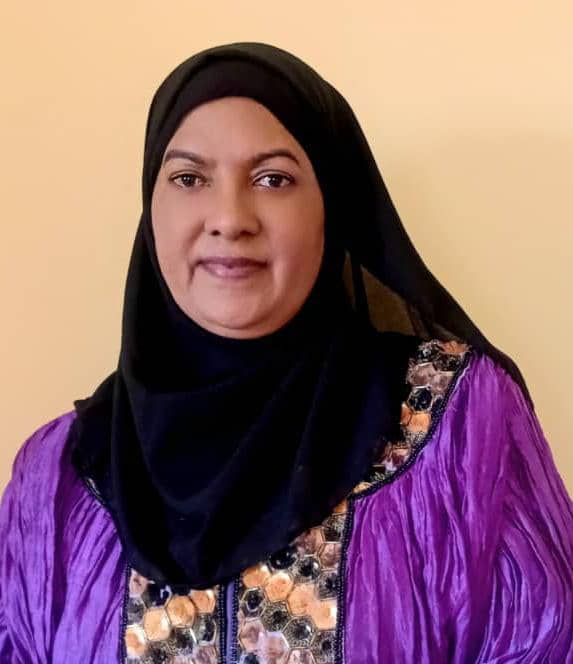By Burnett Munthali
During a heartfelt and pointed speech delivered in Mzuzu on Saturday, 3rd May 2025, Bishop Martin Mtumbuka addressed President Lazarus Chakwera directly, combining reverence with bold calls for honesty and leadership integrity.
The bishop began by referring to a symbolic framework for the day’s program, stating that Cyprian Ngoma had obliged them to use a particular equation. Though metaphorical, this reference suggested a structure or principle guiding the tone of the event.
He humbly apologized for any disruption caused by the church’s event planning, saying, “We are sorry for messing up your program.” This was a show of humility, acknowledging the presence of a busy Head of State at their gathering.
Despite the apology, Bishop Mtumbuka quickly affirmed the church’s understanding of the demands placed on national leaders. He assured the President that they would fully understand if he could not attend their functions in the future due to official commitments.
The bishop’s tone then shifted, moving from ceremonial gratitude to a more civic-minded and candid concern. Looking straight at the President, who was physically present at the function, he began addressing a matter of national importance.
He said, “We know that we are in an election period,” indicating his awareness of the heightened political sensitivity surrounding their conversation and the atmosphere of campaign messaging.
Bishop Mtumbuka carefully prefaced his criticism with a respectful disclaimer: “We don’t want to offend you.” This revealed his intention not to confront but to provide constructive and honest feedback for the sake of national progress.
He then addressed an issue that had stirred concern in the northern region. “We want to correct something,” he continued, showing his resolve to speak truth in the presence of power.
The bishop cited a recent claim made by a high-ranking official, most likely from the Chakwera administration, who had stated that the road from Chiweta to Karonga was fully repaired and had no problems at all.
He strongly implied that this information was inaccurate and did not reflect the reality on the ground—a reality that local people continue to face daily as they navigate deteriorating infrastructure.
Without mincing words, he appealed directly to President Chakwera: “I would love to request you, Mr. President, not to use that information in your campaign.”
This was a call not only for factual accuracy but also for ethical leadership that does not mislead citizens through flawed or exaggerated claims, especially during election season.
Bishop Mtumbuka concluded with a powerful caution: “You might be advised into telling lies.” In saying this, he warned of the dangers of relying on dishonest advisors who could mislead the President, inadvertently damaging his credibility in the eyes of the electorate.
His remarks struck a chord among many who feel that political leaders must be held accountable not only for their actions but also for the narratives they present to the public.
By addressing these concerns in the presence of the nation’s leader, Bishop Mtumbuka demonstrated the critical role of faith leaders in advocating for justice, truth, and good governance in Malawi.
At a time when public trust in institutions is waning, such bold and respectful interventions remind both leaders and citizens of the enduring need for integrity in political communication.




